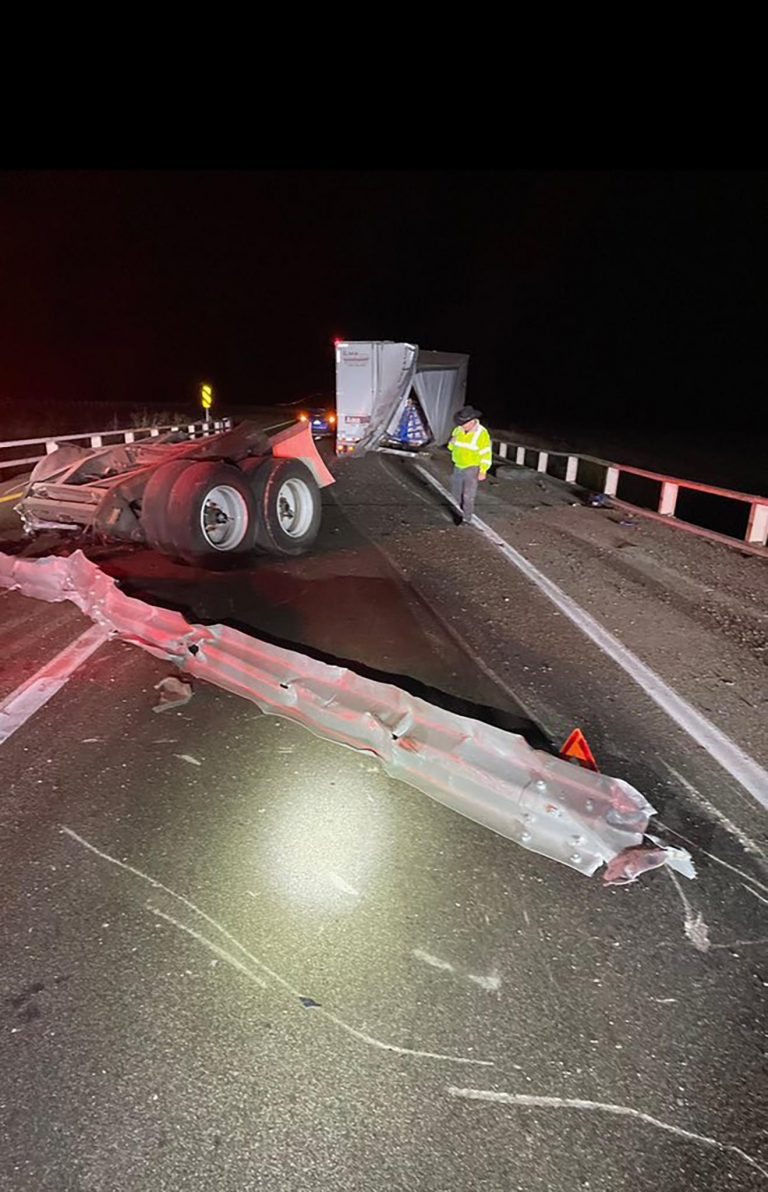Joe Zemba
La Junta Tribune-Democrat
As Congress inches closer to a final vote on the sweeping healthcare reform legislation known as the “Big Beautiful Bill,” rural hospitals across Colorado and the nation are sounding the alarm, none louder than Arkansas Valley Regional Medical Center in La Junta.
In a public statement issued last week, AVRMC leaders expressed deep concern that the bill, if passed as written, would “absolutely hurt” rural hospitals and the communities that depend on them. The 25-bed Critical Access Hospital serves as a vital healthcare hub for Otero County and beyond, where the nearest alternative hospital is more than 60 miles away.
The “One Big Beautiful Bill,” officially titled the American Healthcare Streamlining and Responsibility Act, passed the House by a narrow margin of 218–212 and now heads to the Senate for consideration.
At the heart of the bill is a significant reduction in federal Medicaid spending, aimed at trimming what its supporters call “bureaucratic bloat” in healthcare. The legislation proposes shifting more financial responsibility for Medicaid to states, instituting stricter eligibility requirements, and capping federal contributions.
Proponents say the bill would reduce national deficits, increase “local control,” and encourage innovation in care delivery. Critics, however, warn that the cuts could have disastrous effects on rural hospitals, especially those like AVRMC, which serve low-income and underserved populations.
In Colorado’s 3rd Congressional District, where nearly 1 in 3 residents rely on Medicaid, AVRMC says the bill could lead to drastic service cuts, delayed emergency response, and a spike in preventable deaths.
“Our emergency room is often the only option for miles,” AVRMC’s statement read. “With fewer local ERs, accident victims on rural highways may not survive the long trip to the next closest hospital.”
AVRMC’s warning comes amid a statewide healthcare crisis as over half of Colorado’s rural hospitals are operating in the red, charity care costs have skyrocketed 130% since 2019, and more than 70% of hospitals report operating without a sustainable margin.
AVRMC says reductions in Medicaid reimbursements could lead to closure of services like hospice, wound care, and behavioral health, longer travel times for basic imaging, chemotherapy, or urgent care, and disproportionate harm to children, seniors, and people with disabilities.
Other possibilities, like layoffs, are already seemingly affecting the hospital.
Though AVRMC did not address the issue with the Tribune-Democrat directly, the City of La Junta took to social media to address the issue, saying, “The City of La Junta is deeply saddened by the news of recent staff reductions at Arkansas Valley Regional Medical Center. Our thoughts are with the dedicated professionals and families affected by these changes.”
“We recognize the vital role that accessible, quality healthcare plays in the strength and sustainability of our community. While we are not involved in the operational decisions of the hospital, we remain committed to advocating for the well-being of our residents and supporting efforts to ensure continued access to essential medical services in the Arkansas Valley.”
“We are grateful to the hospital employees—past and present—whose service has touched countless lives. As a City, we will continue to engage with regional partners and state leadership to explore every opportunity to protect and improve healthcare access for our citizens.”
“In this challenging time, our priority remains the health and resilience of our community.”
AVRMC is not alone when addressing concerns related to the bill, nor the affects proposed cuts will have, or have already had, on rural healthcare.
Hospital administrators across the Eastern Plains, the San Luis Valley, and Western Slope have echoed similar fears in recent weeks. Rural health advocacy groups warn that the bill amounts to a “slow-motion collapse” of rural healthcare infrastructure.
“Our patients don’t have the luxury of shopping around,” said a spokesperson from the Eastern Plains Healthcare Consortium. “They go to the one place within 50 miles that can treat them. And that place is at risk.”
The Senate vote is expected as early as mid-July, with lawmakers under intense pressure from advocacy groups, hospital associations, and constituents. Senator Michael Bennet (D-CO) has already vowed to oppose the bill, while Senator John Hickenlooper (D-CO) called for “a serious rewrite that protects rural care access.”
Meanwhile, AVRMC says it will continue fighting for the viability of rural hospitals. Current efforts include strengthening system partnerships, expanding telehealth, and investing in specialty services to keep patients local.
But even with innovation, leaders say, sustainable Medicaid funding is non-negotiable.
“We urge Congress to take a thoughtful, measured approach to Medicaid financing reforms,” stated hospital administrators. “The sustainability of hospitals like AVRMC—and the health of rural America—depends on it.”



